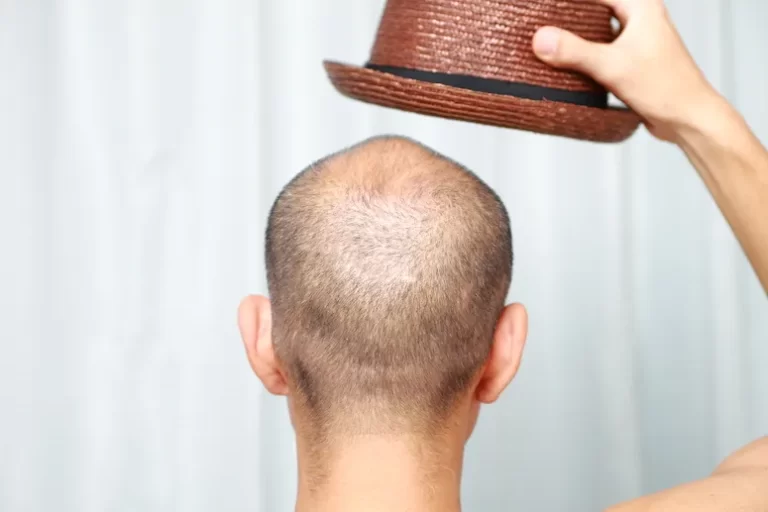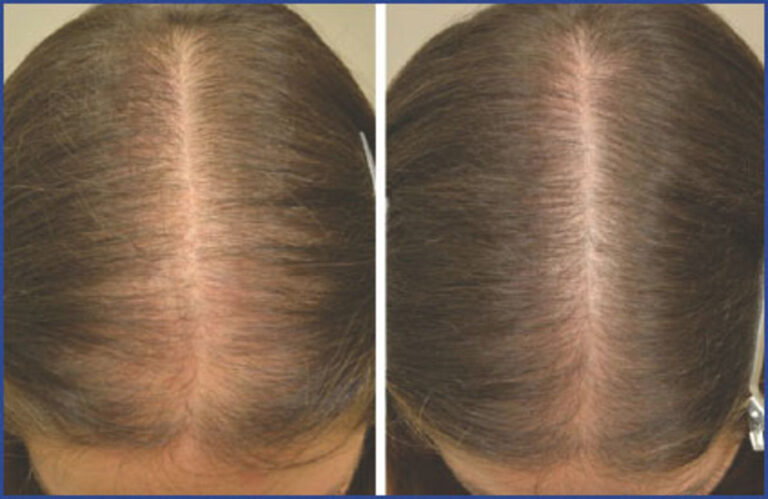Exosome Therapy Alternatives for Hair Restoration



The U.S. Food and Drug Administration (FDA) mandates close examination of over-the-counter (OTC) drugs advertised for hair loss due to the often ambiguous scientific backing. New therapeutic substances targeting hair loss, regardless of how innovative, must undergo rigorous clinical assessment to guarantee their effectiveness and safety.
So, where does exosome therapy stand in the eyes of the FDA? Despite being a novel technique, exosome therapy is currently in the throes of clinical research. Exosome Therapy is NOT FDA Approved — so what now?
Considering Other Hair Revitalizing Options
Given the limited research on MSC-derived exosome’s benefits, individuals may want to glance at other hair regeneration methods with more defined safety and efficacy records. However, one must bear in mind that not all treatments carry the FDA’s stamp of approval.
1The Art of Hair Transplant Surgery
Hair transplant surgery involves the meticulous process of grafting hair or hair follicles from one part of the scalp to balding areas. Presently, two methods stand out:
- Follicular Unit Transplantation (FUT): This involves relocating a segment of scalp skin to the targeted bald spots.
- Follicular Unit Extraction (FUE): This method involves creating minuscule incisions in the desired areas and embedding individual hair follicles within them.
Though a surgical approach, complications from hair transplant surgeries are generally fleeting and manageable. Potential side effects might encompass minor bleeding, infection, or a mismatched appearance if the grafted skin doesn’t seamlessly blend with its new locale. To ease potential discomfort, health practitioners might recommend pain relievers, anti-inflammatory drugs, or antibiotics.
The Science Behind Platelet-Rich Plasma Therapy
PRP therapy commences with drawing blood from a patient, which is then spun in a centrifuge to separate and concentrate the platelets and vital growth factors. Once isolated, this PRP solution is injected into areas exhibiting hair sparsity.
Like stem cell treatments, PRP therapy can lead to reactions at the injection sites. It’s also worth noting that the treatment might not be suitable for everyone. Those on anticoagulant medications like aspirin or with specific conditions such as psoriasis may be advised against it.
Your Next Steps For a personalized assessment of your hair restoration needs and to learn more about cutting-edge treatments, contact Davis Cosmetic Plastic Surgery for a detailed discussion. (Please feel free to fill out out pre-consultation form to expedite the process.)






